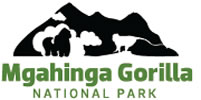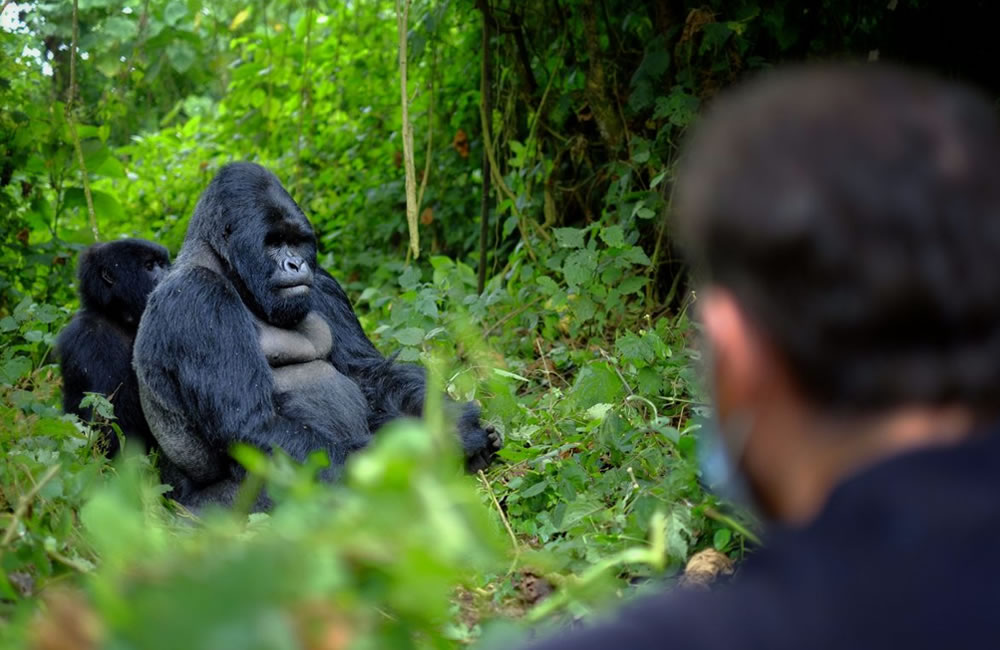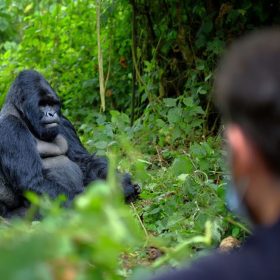Selecting the right company for a gorilla safari expedition ensures a safe, seamless, and enriching experience. A reputable tour operator serves as a bridge between visitors and the intricate logistics of permits, transportation, accommodation, and guided trekking. The quality of the company you choose can significantly influence your comfort and understanding of the region and its conservation efforts.
A well-organized tour operator prioritises professionalism at every journey stage, from pre-trip communication to on-ground execution. They provide clear information about permit procurement, manage time effectively and employ knowledgeable guides who enrich the experience with insights about gorilla behaviour, ecology, and conservation. Without such expertise, visitors may face logistical challenges or miss the depth of understanding that makes gorilla trekking genuinely transformative.
Moreover, a reliable company ensures compliance with the strict regulations governing gorilla trekking. These include protocols that minimise human impact on the gorillas’ habitats, such as group size limits, hygiene standards, and distance rules. Companies that fail to adhere to these standards risk compromising the safety of both visitors and wildlife.
Researching Tour Operators
Finding the right company for a gorilla trekking experience requires thorough research and a discerning approach. With numerous operators offering similar services, it’s essential to distinguish reputable providers from those who may lack the necessary expertise or commitment to quality.
Start by exploring official websites and online platforms dedicated to gorilla trekking in Rwanda, Uganda, and Congo. National Park websites often provide lists of authorised tour operators, offering a reliable starting point for identifying legitimate companies. This is particularly important since only accredited operators can secure the limited gorilla trekking permits.
Online reviews and testimonials are valuable resources for gauging an operator’s reliability. Websites like TripAdvisor, Google Reviews, and specialised travel forums can offer candid insights from previous clients. Look for recurring review themes, such as punctuality, professionalism, and guide expertise, while remaining cautious of overly generic or suspiciously glowing endorsements.
Recommendations from friends, family, or colleagues who have gone gorilla trekking can be beneficial. Their first-hand experiences often provide trustworthy and personalised advice.
Social media platforms also serve as excellent research tools. Many tour operators maintain active accounts sharing updates, photos, and testimonials. These can give a sense of the company’s operations, values, and commitment to ethical practices. Engaging directly with operators through social media channels or websites can clarify questions or concerns.
Finally, professional travel agencies specialising in African wildlife experiences can streamline selection. These agencies typically work with vetted operators and can tailor recommendations to align with individual preferences and budgets.
Evaluating Credentials and Permits
When booking a gorilla trekking experience, verifying the credentials of your chosen company is a non-negotiable step. Working with an operator with the necessary licenses and permissions ensures compliance with legal and conservation requirements, guaranteeing a smooth and ethical adventure.
Start by confirming that the company is officially registered and recognised by the relevant authorities in the country where your trek will take place. In Rwanda, Uganda, and Congo, legitimate operators are often listed on the official websites of the national parks or tourism boards, such as the Rwanda Development Board (RDB), the Uganda Wildlife Authority (UWA), or the Institut Congolais pour la Conservation de la Nature (ICCN).
Gorilla trekking permits are a cornerstone of the experience. These permits grant access to gorilla trekking areas and directly support conservation efforts and community projects. Reputable companies manage the permit application process on behalf of their clients, ensuring availability and adherence to the strict regulations governing gorilla treks. Visitors should confirm that the operator has secured their permits before finalizing any payments.
Transparency in permit pricing is equally important. For instance, permits in Rwanda are priced higher than those in Uganda or Congo, reflecting differences in infrastructure and conservation investments. A reliable operator will communicate the permit cost and include it as a distinct line item in their pricing structure.
Additionally, review the company’s affiliations and partnerships. Membership in professional organizations, such as the Association of Uganda Tour Operators (AUTO) or Rwanda Tours and Travel Association (RTTA), strongly indicates legitimacy. These organizations maintain standards for member companies and provide an added layer of credibility.
Guides and Trekking Support
The quality of guides and trekking support can significantly influence the success and enjoyment of a gorilla trekking experience. Guides bridge visitors and the unique world of gorillas, providing expert knowledge, ensuring safety, and enriching the overall journey. Therefore, choosing a company with experienced and well-trained guides is critical.
Expert Knowledge and Training
Professional guides possess in-depth knowledge of gorilla behaviour, ecology, and conservation. They interpret subtle signs in the forest, such as vocalisations or fresh tracks, to efficiently lead groups to the gorillas. Additionally, they provide valuable insights into the region’s biodiversity and cultural context, elevating the trek from a simple hike to an educational experience.
Reputable operators invest in rigorous training for their guides, often in collaboration with national park authorities. This includes wildlife tracking, first aid, and communication skills, ensuring they can manage both the practical and interpretive aspects of guiding.
Communication and Cultural Understanding
Guides fluent in multiple languages and culturally sensitive can better cater to diverse groups of visitors. Their ability to communicate clearly and engage meaningfully enhances the experience, making it more inclusive and accessible.
Porters and Additional Support
Porters play an essential role in providing physical assistance during treks. They help carry equipment, offer stability on challenging trails, and make the trek less strenuous for visitors. Many companies also employ local community members as porters, creating economic opportunities and fostering goodwill.
Selecting a company that includes or offers optional porter services is particularly important for treks in rugged terrains like Bwindi Impenetrable National Park or Virunga National Park.
Reviews and Testimonials
Reviews and testimonials provide valuable insights into a gorilla trekking company’s reliability and quality. While a company’s website may highlight its best features, external reviews often offer a more balanced and candid perspective. Knowing how to interpret this feedback is essential to making an informed decision.
Where to Find Reliable Reviews
Popular platforms like TripAdvisor, Google Reviews, and specialised travel forums are excellent starting points for researching tour operators. Social media channels like Facebook and Instagram can also showcase visitor experiences, with comments and interactions offering additional context.
For verified feedback, consider looking for reviews on websites affiliated with national parks or tourism boards, as they often feature approved operators. Some companies may also provide references from past clients, offering an opportunity to ask specific questions directly.
Identifying Key Themes in Reviews
When reading reviews, focus on recurring themes rather than isolated complaints or praise. Look for mentions of:
- Guide expertise and professionalism.
- Timeliness and organisation of tours.
- Quality of accommodations and transportation.
- Transparency in pricing and inclusions.
- Responsiveness and communication during the booking process.
Consistent feedback about positive experiences in these areas is a good indicator of a trustworthy operator. Conversely, repeated mentions of disorganisation, safety concerns, or hidden fees should raise red flags.
Caution Against Misleading Information
Not all reviews are created equal, and some may be misleading. Be wary of overly generic or glowing testimonials, as these could be fabricated. Likewise, a few negative reviews should not automatically disqualify a company; instead, evaluate how the operator responded to criticism, as this reflects their commitment to customer satisfaction.


